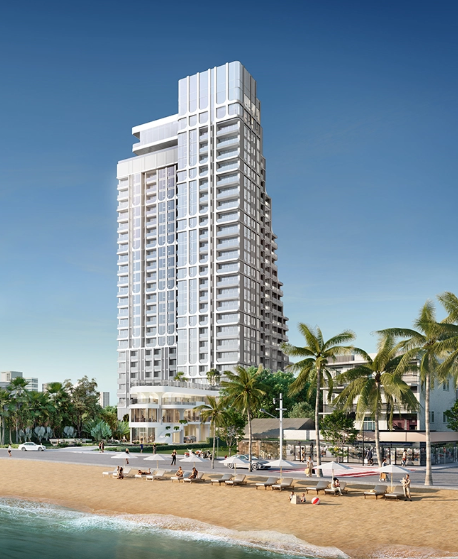Thailand’s beautiful landscapes, cultural richness, and dynamic lifestyle make it a prime destination for property investment. However, purchasing property in Thailand comes with its own set of risks and challenges that every investor should be aware of. In this guide, we will explore the common risks associated with buying property in Thailand and offer valuable insights to help you make informed decisions.
Legal Considerations
The legal framework surrounding property ownership in Thailand can be a significant concern for foreign buyers. While foreigners are generally not allowed to own land outright, there are legal alternatives such as leasehold agreements and setting up a Thai company. These methods can offer a way around the restrictions, but they come with their own risks, including the possibility of changes in legislation and potential legal complications in the future.
Ownership Verification and Title Deeds
Before making any property purchase, it is crucial to verify the legitimacy of the title deed. The Thai Land Department issues various types of land titles, each with different levels of security. Buyers must conduct thorough due diligence to ensure the property’s ownership status is clear and free of any legal disputes or encumbrances that could affect the investment.
Land Scams and Fraud
Unfortunately, fraud and land scams are not uncommon in Thailand’s property market. To reduce the risk of falling victim to such practices, it’s essential to work with trusted real estate agents and legal professionals. Always ensure proper documentation is in place and verify that the parties involved in the transaction are legitimate and authorized to make the deal.
Infrastructure and Development Risks
Investing in a property without assessing the surrounding infrastructure and development plans can be risky. Some investors have found that promised developments or improvements in the area did not materialize, affecting the property’s value and livability. It’s important to research local government plans, zoning regulations, and potential future developments to ensure the area remains attractive and valuable long-term.
Currency Fluctuations
As a foreign investor, currency exchange rates can impact the cost of your property investment. Fluctuations in the value of the Thai Baht may increase or decrease the overall cost of the property. It’s essential to consider these potential shifts in exchange rates when planning your budget and financing options.
Financing and Mortgage Challenges
Securing financing as a foreigner in Thailand can be more complicated than in your home country. Mortgage terms and conditions may differ significantly, and you may face additional hurdles when trying to obtain financing. It’s important to thoroughly understand the terms of any mortgage and be prepared for the challenges associated with obtaining a loan as a non-resident.
Environmental and Natural Disaster Risks
Thailand is susceptible to natural disasters such as floods, earthquakes, and tropical storms. As a buyer, you should assess the property’s location for its exposure to these risks, considering flood zones, seismic activity, and other environmental factors. This information will help you gauge both the safety of your investment and the potential for higher insurance costs.
Cultural and Language Barriers
Cultural and language differences can complicate the property buying process. Miscommunications can lead to legal or contractual issues. It’s advisable to engage local professionals who are fluent in both Thai and your language to ensure a smoother transaction and minimize misunderstandings.
Can Foreigners Own Property in Thailand?
In general, foreign nationals cannot own land in Thailand. However, there are several options available for property ownership:
- Condominium Ownership: Foreigners are allowed to buy condominiums, provided that the total foreign ownership in the building does not exceed 49%. This makes condominiums a popular option for foreign buyers.
- Leasehold Agreements: Foreigners can lease land for up to 30 years, with the possibility of renewing the lease for an additional 30 years. While they cannot own the land, foreigners can fully own the structures built on it, such as houses or villas.
- Building Ownership: While land ownership is restricted, foreigners can build and own structures such as houses and villas on leased land, giving them control over the property while complying with legal restrictions on land ownership.
Leasing Land in Thailand
The Civil and Commercial Code in Thailand allows foreigners to lease land for up to 30 years, with the option to renew. For leases longer than three years, the lease agreement must be registered with the land office to ensure its validity. When leasing property, ensure the terms and conditions are clearly outlined in the rental agreement, including the rental price, payment schedule, and any deposit requirements.
Conclusion
Investing in property in Thailand can be highly rewarding, but it’s crucial to approach the process with caution and due diligence. Understanding the legal framework, verifying property ownership, and working with reputable professionals are essential steps to minimize risks. By being aware of the potential challenges and taking proactive steps, you can secure a successful and profitable investment in Thailand’s real estate market.


